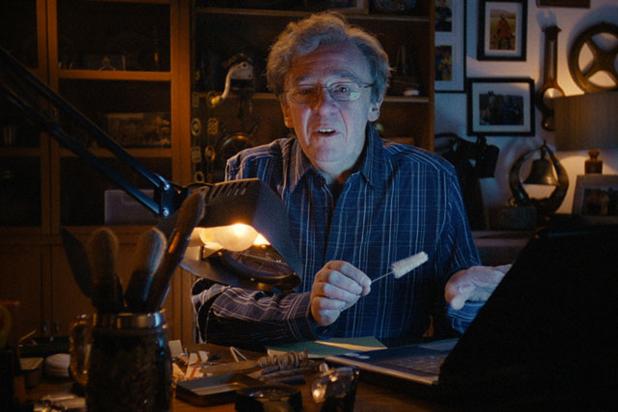
"I do turnarounds of big, broken companies," Wilson said, before launching into an explanation of what he has changed during his four years at the 320 year-old insurance company, including retiring its long-running advertising campaign featuring comedian Paul Whitehouse.
"Aviva became a company that was focused on the distributor, not the consumer. A company that for some reason thought marketing was about the fluffy stuff – advertising, sponsorship and name awareness."
"It’s not. I come from a pure marketing background. Marketing is about consumer proposition. Marketing is about financial analysis. Marketing is about fundamental strategy. It’s about data. It’s about pricing. That’s what marketing is at its very core."
"I believe business is a very simple thing and we make it too complicated. It is only about strategy, execution and value. Nothing else really really matters."
Wilson talked about the impact of the digital revolution, which he believes is taking control from salespeople and giving it to customers.
The new tech companies have taught him the value of simplicity he said, explaining that he tells colleagues that if they can’t explain the proposition of their product in a tweet-length 140 characters he will kill it.
He was also honest about his initial failure to get Aviva to innovate and profit from customers’ adoption of digital technology.
"We put £100m into [the innovation project] and after 12 months we had achieved nothing. No innovation, no new product, no customers, nothing really. I realised we’d done it all wrong," he said.
"I realised on a business that old we had to build it outside the company. So we bought some things in Hoxton Square – I think we own about half Hoxton Square now. I realised I needed much less insurance people and I needed data scientists, innovators, entrepreneurs, start-up magicians, marketers, and customer proposition people and people who could look from outside the industry.
"And then it exploded. We created a separate business and in the first six months of this year it made £111m profit and has four million customers. I’ve given them a very simple strategy. The strategy is 'compete and cannibalise'.
"We went from an industry that asks hundreds of questions [as part of the process of taking out an insurance policy] to a business that asks none. It’s all big data."


.jpg)


.jpg)